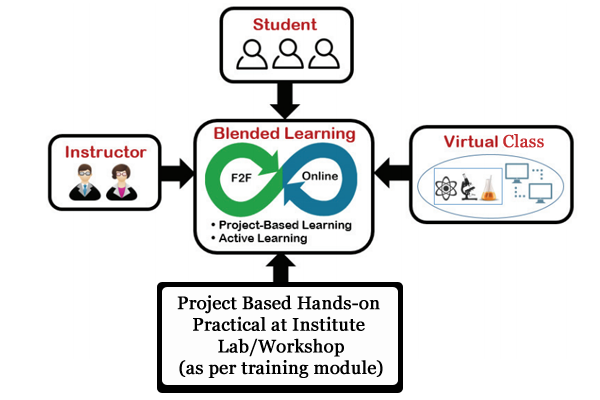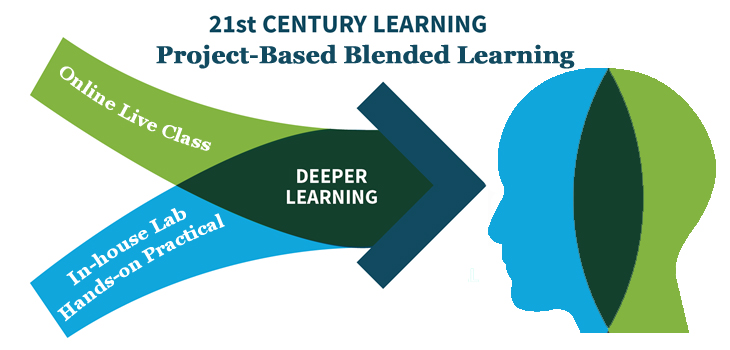Electric Vehicle Course Categories
- Master Degree
- PG Course
- Startups/Business Course
- Job Course
- Research and Development
Masters Degrees (Electric Vehicles)
| Program Title | University | Duration |
|---|---|---|
| Master in Electric Vehicle Engineering | Sweden’s leading university | one-year programme |
| MSc Mobility Engineering | Politecnico | 2 years |
| MSc Automotive Engineering for Electric Vehicles | University of Bedfordshire | 1 yera |
| PG Program in Electric Vehicle Powertrain | Joint program with UPES and Academy of EV Technology | 10 Months |
| Certificate in EV Technology | Joint program with UPES and Academy of EV Technology | 3 Months |
Startups/Business Course
| Program Title | Offered by | Duration |
|---|---|---|
| EV EVSE Business Management Course for Entrepreneurs | Academy of EV Technology | one Month |
| Lithium-ion Battery Pack Assembly Line | Academy of EV Technology | One Month |
| Electric Vehicle Charging Station Design, Installation | Academy of EV Technology | 1 Month |
| Program Title | Offered by | Duration |
|---|---|---|
| PG Program in Electric Vehicle Powertrain | Joint program with UPES and Academy of EV Technology | 10 Months |
| Certificate in EV Technology | Joint program with UPES and Academy of EV Technology | 3 Months |
Project-Based Blended Learning
Based on our experience working with academic institute, corporate, working professionals and other stakeholders in this area, we have found that a combination of two learning models can form a powerful backbone for skill based Technical Education programming.
Model 1: Project-Based Learning
Project-based learning immerses students in an engaging question, problem or challenge for an extended period. It’s a hands-on approach that can build skills, mindsets and behaviors needed for success in the modern workplace.
Model 2: Blended Learning
It’s a mix of classroom meetings and content delivered through an online platform. Research suggests that students at nearly all levels of achievement do just as well in blended classes as they do in traditional classrooms.
Project-Based Blended Learning
Combining project-based learning models with blended learning techniques allows students to work independently and with others to gain and apply knowledge and skills in a real-world context. The project-based blended learning is an effective strategy that can combine best methods of both real world and virtual world.
We offer the following recommendations for designing project-based blended learning experiences that promote academic and career success for Technical Education:
- Provide a mix of instructional activities, media and materials. Since learning preferences and abilities vary, try to incorporate a mix of materials and media to provide students with different ways to access what they are learning.
- E-Library access for self study, consider posting videos of classroom lectures so students can review them later.
- Hands-on Practical session at Institute Lab/Workshop. We focus on real-world application that encourage students to apply what they've learned, justify a decision or produce a piece of work.


Interactive Session

Practical & Doubt Session

E-Library Study Materials

Online Evaluation


